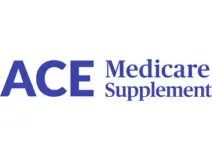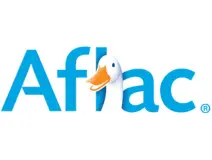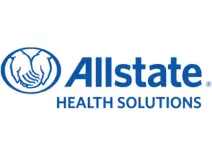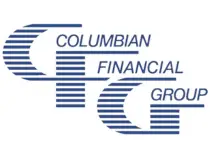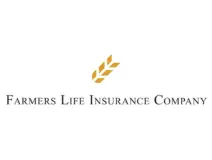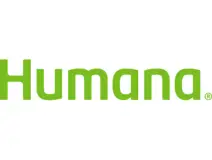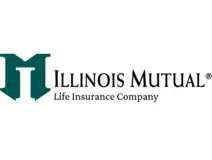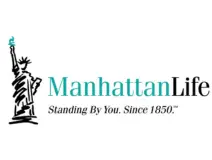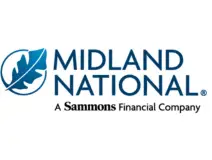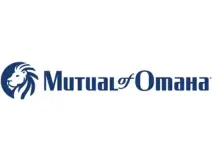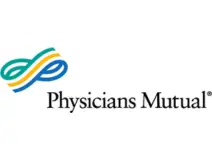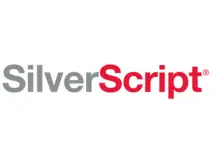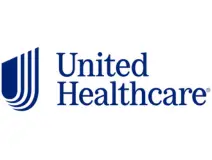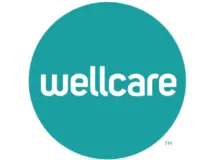Medicare Terms – M
Maximum Out-Of-Pocket Amount
This is the most you’ll pay in a year for certain health services. See your Evidence of Coverage for more information, including the maximum amount you’ll pay.
Medicaid
A joint federal and state program that helps with medical costs for some people with limited income and resources. Medicaid programs vary from state to state, but most health care costs are covered if you qualify for both Medicare and Medicaid.
Medical Underwriting
The process that an insurance company uses to decide, based on your medical history, whether to take your application for insurance, whether to add a waiting period for pre-existing conditions (if your state law allows it), and how much to charge you for that insurance.
Medically Necessary
Health care services or supplies needed to diagnose or treat an illness, injury, condition, disease, or its symptoms and that meet accepted standards of medicine.
Medicare
This is a federal health insurance program for people age 65 or older. Some people under age 65 also may be eligible for Medicare. People with Medicare can get their health coverage through Original Medicare, a Medicare Cost Plan, a PACE (Program of All-Inclusive Care for the Elderly) plan, or a Medicare Advantage.
Medicare Advantage Plan (Part C)
A type of Medicare health plan offered by a private company that contracts with Medicare. Medicare Advantage Plans provide all of your Part A and Part B benefits, with a few exclusions, for example, certain aspects of clinical trials which are covered by Original Medicare even though you’re still in the plan. Medicare Advantage Plans include:
• Health Maintenance Organizations
• Preferred Provider Organizations
• Private Fee-for-Service Plans
• Special Needs Plans
• Medicare Medical Savings Account Plans
If you’re enrolled in a Medicare Advantage Plan:
• Most Medicare services are covered through the plan
• Most Medicare services aren’t paid for by Original Medicare
• Most Medicare Advantage Plans offer prescription drug coverage.
Medicare Cost Plan
A type of Medicare health plan available in some areas. In a Medicare Cost Plan, if you get services outside of the plan’s network without a referral, your Medicare-covered services will be paid for under Original Medicare (your Cost Plan pays for emergency services or urgently needed services).
Medicare Drug Coverage (Part D)
Optional benefits for prescription drugs available to all people with Medicare for an additional charge. This coverage is offered by insurance companies and other private companies approved by Medicare.
Medicare Drug Plan (Part D)
Part D adds prescription drug coverage to:
- Original Medicare
- Some Medicare Cost Plans
- Some Medicare Private-Fee-for-Service Plans
- Medicare Medical Savings Account Plans
These plans are offered by insurance companies and other private companies approved by Medicare. Medicare Advantage Plans may also offer prescription drug coverage that follows the same rules as Medicare drug plans.
Medicare Health Maintenance Organization (HMO) Plan
A type of Medicare Advantage Plan (Part C) available in some areas of the country. In most HMOs, you can only go to doctors, specialists, or hospitals on the plan’s list except in an emergency. Most HMOs also require you to get a referral from your primary care physician.
Medicare Health Plan
Plans offered by private companies that contract with Medicare to provide Part A, Part B, and in many cases, Part D benefits. Includes Medicare Advantage Plans and certain other types of coverage (like Medicare Cost Plans, PACE programs, and demonstration/pilot programs).
Medicare Open Enrollment Period
If you’re a Medicare member, this is a set time when you can change your health or drug plan, or switch to Original Medicare. The Medicare Open Enrollment Period is from October 15 until December 7. Also, see “Annual Enrollment Period”
Medicare Part A (Hospital Insurance)
Part A covers inpatient hospital stays, care in a skilled nursing facility, hospice care, and some home health care.
Medicare Part B (Medical Insurance)
Part B covers certain doctors’ services, outpatient care, medical supplies, and preventive services.
Medicare Plan
Any way other than Original Medicare that you can get your Medicare health or drug coverage. This term includes all Medicare health plans and Medicare drug plans.
Medicare Preferred Provider Organization (PPO) Plan
A type of Medicare Advantage Plan (Part C) available in some areas of the country in which you pay less if you use doctors, hospitals, and other health care providers that belong to the plan’s network. You can use doctors, hospitals, and providers outside of the network for an additional cost.
Medicare Private Fee-For-Service (PFFS) Plan
A type of Medicare Advantage Plan (Part C) in which you can generally go to any doctor or hospital you could go to if you had Original Medicare if the doctor or hospital agrees to treat you. The plan determines how much it will pay doctors and hospitals, and how much you must pay when you get care.
Medicare SELECT
A type of Medigap policy that may require you to use hospitals and, in some cases, doctors within its network to be eligible for full benefits.
Medicare Special Needs Plan (SNP)
A special type of Medicare Advantage Plan (Part C) that provides more focused and specialized health care for specific groups of people, like those who have both Medicare and Medicaid, who live in a nursing home, or have certain chronic medical conditions.
Medicare Summary Notice (MSN)
A notice you get after the doctor, other health care provider, or supplier files a claim for Part A or Part B services in Original Medicare. It explains what the doctor, other health care provider, or supplier billed for, the Medicare-approved amount, how much Medicare paid, and what you must pay.
Medicare-Approved Amount
The payment amount that Original Medicare sets for a covered service or item. When your provider accepts assignment, Medicare pays its share and you pay your share of that amount.
Medicare-Certified Provider
A health care provider (like a home health agency, hospital, nursing home, or dialysis facility) that’s been approved by Medicare. Providers are approved or “certified” by Medicare if they’ve passed an inspection conducted by a state government agency. Medicare only covers care given by providers who are certified.
Medicare Supplement (Medigap)
These are two names for Medicare Supplement Insurance sold by private insurance companies to fill “gaps” in Original Medicare.
You can’t have a Medicare Advantage Plan and a Medicare Supplement (Medigap) Policy.
Medicare Supplement (Medigap) Open Enrollment Period
A one-time only, 6-month period when federal law allows you to buy any Medigap policy you want that’s sold in your state. It starts in the first month that you’re covered under Part B and you’re age 65 or older. During this period, you can’t be denied a Medigap policy or charged more due to past or present health problems. Some states may have additional open enrollment rights under state law.
Medigap
Medicare Supplement Insurance sold by private insurance companies to fill “gaps” in Original Medicare coverage.
Member
A member is a person with Medicare who is eligible for covered services and has enrolled in our plan. The Centers for Medicare & Medicaid Services has also confirmed their enrollment.

